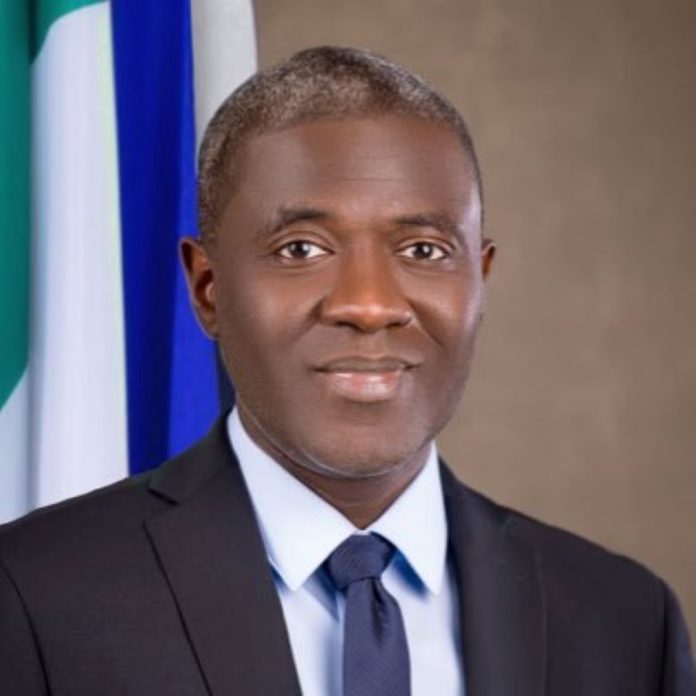To promote digital inclusiveness and rural connection in Nigeria’s telecom sector, Aminu Maida, the Executive Vice Chairman of the Nigerian Communications Commission (NCC), has urged more robust collaborations and creative funding schemes. To increase access to underserved areas, Maida stressed the necessity of cooperation between government organisations, mobile network operators, infrastructure providers, and technology makers during a conference for industry stakeholders.
A multi-stakeholder approach will help explore innovative financing models that attract investment into rural telecommunications, Maida said, emphasising the need for industry players to use emerging technologies, alternative power solutions, and investment-friendly policies to sustain connectivity efforts. “All critical stakeholders must work together to achieve digital inclusion,” he said.

In order to ensure that digital transformation efforts address connectivity gaps in both urban and rural regions, the NCC boss emphasised the need for solutions that are specific to Nigeria’s local challenges and economic realities. He also highlighted the role of the Universal Service Provision Fund (USPF), an NCC initiative, which aims to improve universal access to telecom services.
According to Maida, USPF projects have played a crucial role in the deployment of backbone transmission infrastructure and Base Transceiver Stations (BTS), facilitating the expansion of broadband and economic growth. These programs support Nigeria’s commitment to closing the digital divide and promoting economic inclusion by being in line with international development goals, such as Sustainable Development Goals (SDG) 4 (Quality Education) and SDG 9 (Industry, Innovation, and Infrastructure).
He called on telecom players to establish strategic alliances, stressing that cooperation is essential to the industry’s long-term growth. “To create robust telecommunications infrastructure that will empower millions of Nigerians, we must pool our combined knowledge, resources, and inventiveness,” Maida stated.
Nigeria’s technological and economic future will be greatly influenced by the sector’s capacity to create long-term investment and sustainable connection solutions as the country’s digital economy expands.


